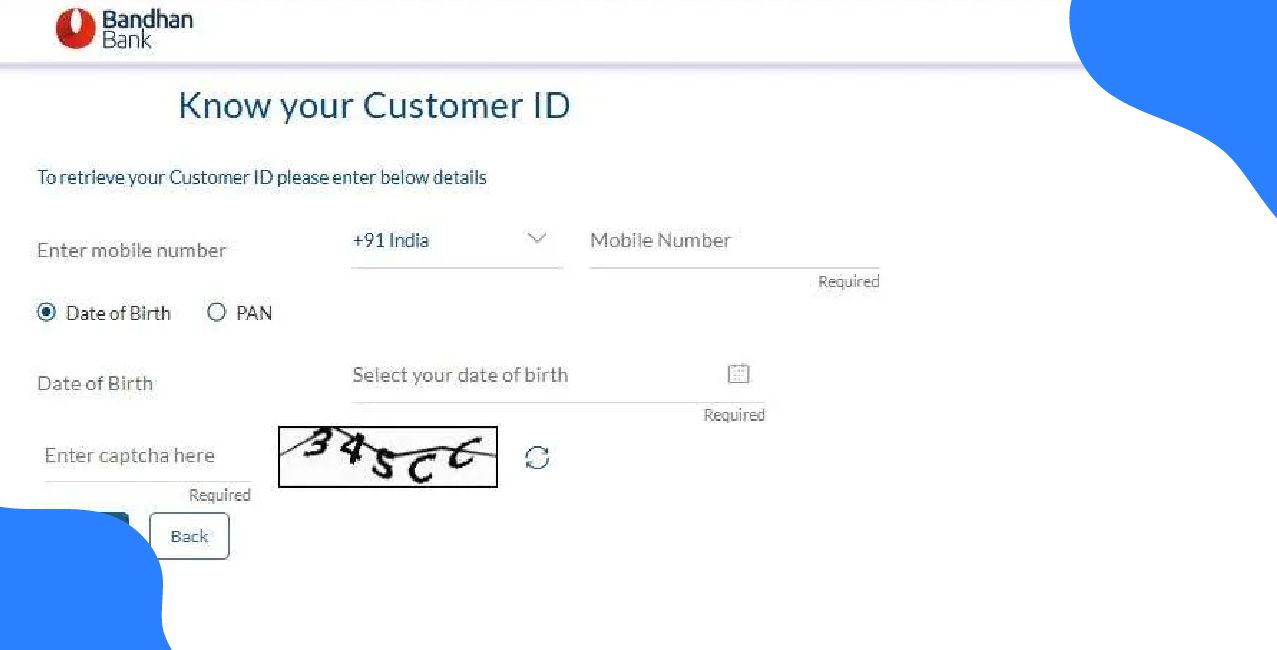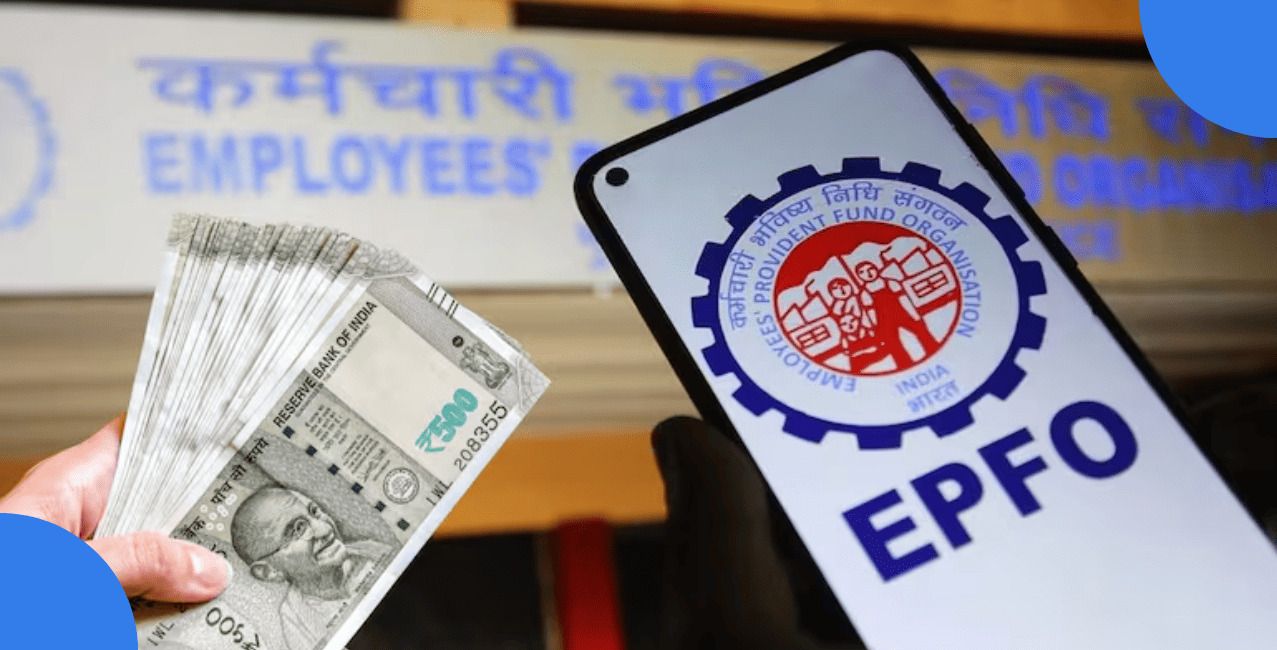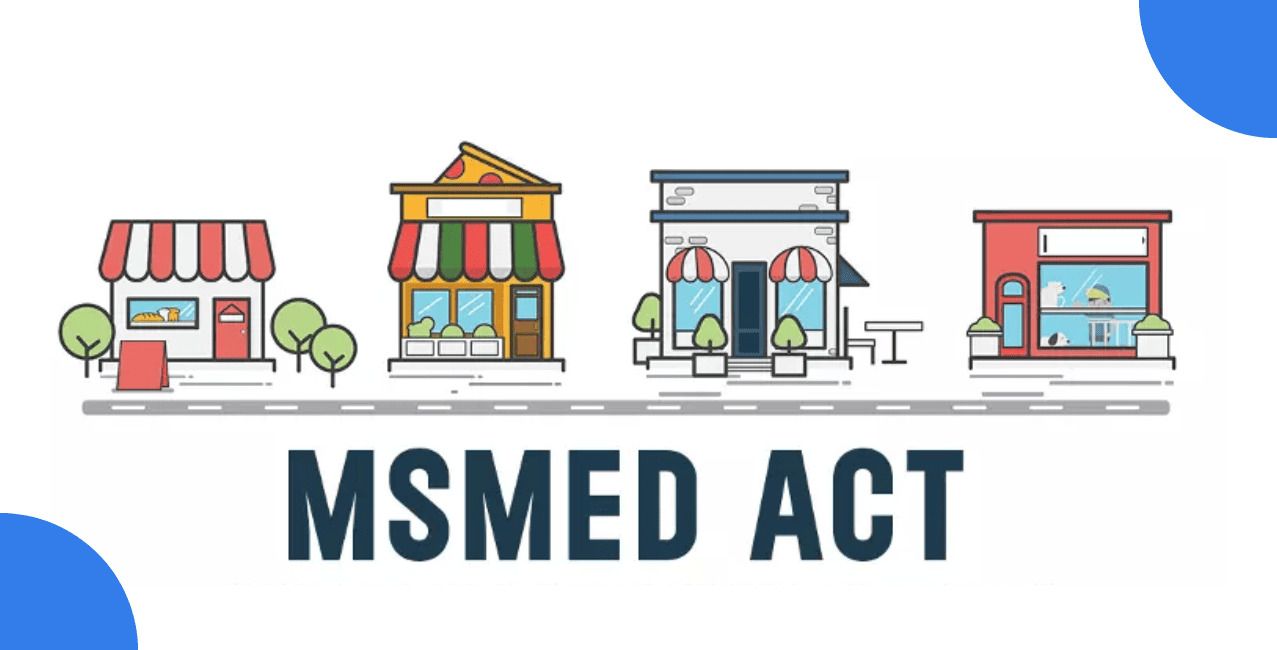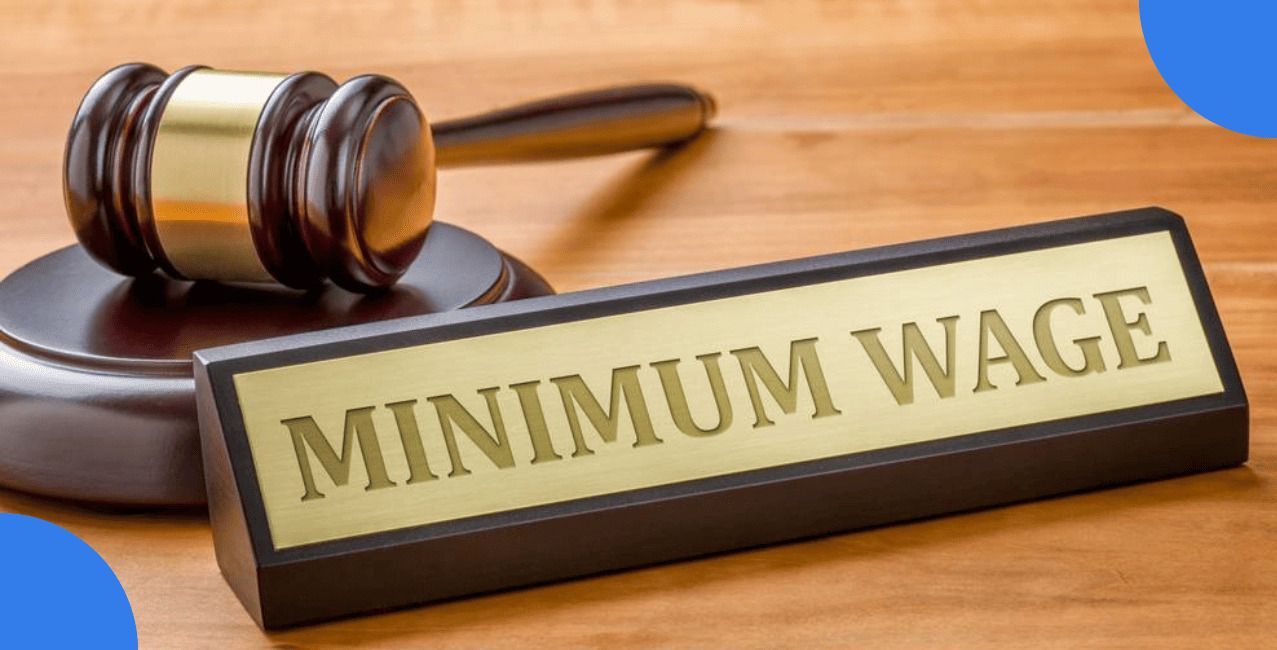How to Increase Your Credit Limit Without Hurting Your Score – Complete Guide

Check Your Loan Eligibility Now
By continuing, you agree to LoansJagat's Credit Report Terms of Use, Terms and Conditions, Privacy Policy, and authorize contact via Call, SMS, Email, or WhatsApp
Aarti, a 28-year-old marketing executive, was always brilliant with her money. Her credit score was a healthy 750, and she never missed a payment. Her monthly salary was ₹80,000, and she was ever careful about spending.
But when she went to book a ₹1,50,000 international trip, harsh reality struck—her credit card limit was a mere ₹80,000. Flights, hotels, shopping—sabka budget tight ho gaya!
"Bhai, score badhane se kahi dhad se neeche toh nahi aa jayega?" She asked her bank friend Rohit over for a chai.
Rohit chuckled and replied, “Arre, tension mat le! Agar smartly karegi toh score bhi upar jaayega aur limit bhi. Bas bank ko yeh dikhana hai ki tujhse bada responsible koi nahi!”
Taking his advice, Aarti followed four simple but powerful steps:
- Developed a solid 6-month record: Paid all her ₹15,000 monthly credit card dues on time, without delay.
- Kept her credit utilisation rate under 30%: With an ₹80,000 limit, she never charged more than ₹24,000 in a billing cycle.
- Had a combination of credit: One credit card and a ₹50,000 personal loan, both paid regularly.
- Directly asked for a limit raise: When her income rose to ₹90,000 per month, she asked for a raise.
In 3 months, her bank enhanced her credit limit to ₹1,50,000, and her credit score rose from 750 to 770. She was now able to book her dream holiday without any worries.
If you also want to "limit badhao, score bachao—bina tension, bina risk," then follow these expert-backed strategies.
Why Does Your Credit Limit Matter?
Your financial health is directly connected to the credit limit amount you have been allocated. Here’s why it matters:
- Enhances Credit Utilisation Ratio: If you have a credit limit of ₹1,00,000 and you spend ₹30,000, your utilisation ratio is 30%, which is perfect for keeping your CIBIL score healthy.
Example: Aarti's credit situation showed that she had an initial credit limit of ₹80,000, which she spent at a monthly rate of ₹24,000 before her limit rose to ₹1,50,000 while keeping her spending steady at ₹24,000; thus, her credit score increased to 770.
2. Boosts Your CIBIL Score: Your responsible credit habits, when you keep your utilisation below 30%, will drive your credit score toward 800.
- Example: Aarti held a credit score of 750 when her credit limit stood at ₹80,000. Her dedication to maintaining low utilisation for 3 months led to a score improvement from 750 to 770, which opened better financial opportunities.
3. Provides You Financial Flexibility: In emergencies, a higher credit card limit allows access to cash while preventing the card from reaching its maximum amount.
- Example: Aarti successfully managed this unexpected medical expense of ₹50,000 with her upgraded limit of ₹1,50,000 since it ensured she did not reach her credit maximum.
4. Improved Loan and Credit Card Offers: With a strong credit profile and a high spending limit, you can qualify for premium cards and secure lower interest rates and loan approvals.
- Example: With a score of 770, Aarti obtained two benefits: a pre-qualified personal loan of ₹3,00,000 at discounted interest and an exclusive premium credit card with a ₹5,00,000 borrowing limit.
Why CIBIL Score Matters: “Paisa Bhi Badhana Hai, Score Bhi Bachana Hai!”
Banks evaluate your CIBIL score as your financial performance record to decide on loan and credit card approvals. A score of 750 or above enables access to premium financial advantages, though poor handling of credit limit growth negatively affects your score.
Here’s how to play it smart:
Factor | Why Does It Matter? | Real-World Impact |
Better Loan & Credit Card Offers | A high score helps secure better credit options. | When Aarti’s score hit 780, she secured a home loan at 6.8% interest, while her colleague with a 690 score had to settle for 8.5%. |
Frequent Limit Increase Requests | Too many requests can trigger hard enquiries and lower your score. | Aarti applied for a limit increase twice in 3 months, causing a 15-point drop in her score. Her next car loan application was rejected due to “too many recent enquiries.” |
Credit Utilization & Score | Keeping utilisation below 30% improves your CIBIL score. | Aarti used ₹60,000 out of a ₹2,00,000 limit (30%) and saw her score rise from 720 to 760 in 4 months, making her eligible for a premium travel credit card. |
“Bas Ab Aur Limit Badhani Hai!” - When To Request A Credit Limit Increase?
Timing is everything! Apply for an increase in your credit limit during optimal moments to enhance your approval chances and prevent extra-hard credit enquiries.
You should try applying for a credit limit increase at these times:
Best Time to Apply | Why Does It Matter? |
After 6-12 months of consistent credit usage | Banks want to see a responsible credit history before granting a higher limit. |
Post-salary hikes or a job switch | Higher income assures lenders you can handle a bigger credit limit. |
When your credit score is in good shape (750+), | A strong score signals financial responsibility, increasing approval chances. |
How Aarti Did It Right!
Aarti wasn't hurrying to raise her limit—she played it intelligently. This is how she did it:
- Had a spotless repayment history: Paid her ₹15,000 every month credit card bill on time for 12 months, demonstrating her creditworthiness.
- Waited for a salary increase: Once her earnings rose from ₹80,000 to ₹1,00,000, she requested an increase in credit limit.
- Doubling her credit limit: The bank approved the application, raising her limit to ₹3,00,000 from ₹1,50,000.
- Leveraged her good CIBIL score: With a 770 rating, she applied for a high-end credit card and got an ₹8,00,000 limit.
“Bina Maange Moti” Mile”—How Do Banks Auto-Increase Your Limit?
Your bank may automatically enhance your credit limit even if you never requested it. Your financial status at a high level encourages your bank to give you an automatic credit limit elevation. Here’s how:
Reason for Auto-Increase | Why Do Banks Do It? | How Did Aarti Benefit? |
Strong repayment history | Regular, on-time payments show you’re a reliable borrower, reducing risk for the bank. | Aarti paid her credit card bill before the due date for 18 months, proving she was a responsible borrower. |
Regular but wise credit card usage | Banks prefer customers who actively use their cards but don’t max them out. Keeping utilisation below 30% increases your chances. | Aarti kept her spending around ₹25,000 out of ₹1,00,000 limit (25% utilisation), signalling smart credit usage. |
Improved income profile | If your salary increases or you switch to a higher-paying job, banks may auto-upgrade your limit based on your spending and repayment patterns. | After Aarti’s salary increased to ₹1,20,000 per month, her bank automatically increased her limit from ₹3,00,000 to ₹5,00,000. |
“Apna Record Saaf Rakho!” - Improve Your Credit Utilisation Ratio
The credit utilisation ratio calculation directly impacts your CIBIL score's strength. It’s calculated as:
Credit Utilization Ratio = (Credit Used / Total Credit Limit) × 100
A credit profile remains healthy when the ratio stays below 30%. The following approach will help you handle your credit utilisation ratio effectively:
Best Practices | Why Does It Matter? |
Keep utilization below 30% | High utilisation signals financial stress, lowering your score. |
Avoid maxing out your credit card | Using too much credit can make lenders see you as high-risk. |
Pay bills on time | Late payments hurt your score and lead to penalties. |
How Aarti Maintained A Strong Credit Profile!
Aarti discovered early that keeping her credit utilisation in hand was the key to a fantastic CIBIL score. She took these wise steps:
- Maintained Spending in Hand: Having a ₹2,00,000 credit line, she ensured her monthly use remained in the vicinity of ₹50,000 (25%), keeping her utilisation ratio sound.
- Did Not Commit The Error of Maxing Out: Once, she utilised ₹1,80,000 of her ₹2,00,000 credit limit (90%), and her CIBIL score fell by 40 points. She promptly changed her expenditure pattern.
- Auto-Pay Bills: To prevent late charges and adverse effects on her credit rating, she put her bills on auto-pay so they would always be paid on time.
“Zyada Salary, Zyada Credit!” - Show An Income Hike
Your increased income level creates a more substantial repayment capacity, which causes banks to offer you higher credit limits.
The following approach must be used if you recently gained an income increase:
Action | Why Does It Matter? | How Did Aarti Benefit? |
Submit updated salary slips or ITR | Banks assess your income to determine your eligibility for a higher limit. | After Aarti’s salary increased from ₹80,000 to ₹1,20,000, she submitted her updated salary slips and ITR. |
Request a credit limit increase | A higher income strengthens your case for approval. | Based on her updated income, Aarti formally requested a limit increase from her bank. |
Ensure a good CIBIL score (750+) | A strong credit profile increases approval chances. | With a 770 CIBIL score, Aarti’s bank doubled her credit limit from ₹3,00,000 to ₹6,00,000. |
“Kuch Dena Padega, Kuch Milega!” - Offer Fixed Deposits Or Collateral
A credit limit increase is still possible even when your income does not fully meet the requirements. You can get a secured credit limit increase from banks by offering either fixed deposits or collateral as security. Here’s how it works:
How Aarti Unlocked a Higher Credit Limit Using an FD!
Aarti wished to raise her credit limit but did not wish to wait for a salary increase. So, she did something else:
- Opened a ₹5,00,000 fixed deposit (FD): Her bank permitted a credit limit of ₹4,50,000 against this FD.
- Got a Secured Credit Card: When her CIBIL score fell temporarily, she got a credit card secured by her FD to keep her credit profile healthy.
- Rebuilt credit score: Using this secured credit card responsibly and settling on time improved her CIBIL score, which subsequently earned her a higher limit on an unsecured credit facility.
“Loan Ka Load Kam Karo!” - Debt Consolidation For a Stronger Profile
Debt consolidation combines your several outstanding debts into a new loan with a single monthly payment and a reduced interest rate to help you lower your financial stress.
How Aarti Reduced Her Debt Load & Improved Her Credit Profile!
Aarti faced three EMIs: a personal loan, credit card dues, and a consumer durable loan. This is how she regained control:
- Consolidated Her Debts: Availed of a personal loan at a lesser interest rate to settle her previous debts, lightening her burden.
- Simplified Her Payments: Rather than following three separate EMIs, she now had a single fixed EMI, which simplified her payments.
- Improved Her Credit Score: Her CIBIL score went up from 710 to 770 through regular EMI payments, making her more likely to get credit approved in the future.
Debt Consolidation in Action: Before and After
Loan Type | Amount | Interest Rate | EMI | Tenure |
Personal Loan | ₹2,00,000 | 14% | ₹6,848 | 3 years |
Credit Card Dues | ₹1,20,000 | 36% | ₹10,800 | NA (Revolving) |
Consumer Loan | ₹80,000 | 18% | ₹3,000 | 3 years |
Total Before Consolidation | ₹4,00,000 | Varied (up to 36%) | ₹20,648 | Multiple Loans |
Aarti’s Debt Consolidation Move:
She obtained a ₹4,00,000 personal loan from a bank at 12% interest over 4 years, which she used to eliminate her current debts.
New Loan (After Consolidation) | Amount | Interest Rate | EMI | Tenure |
Consolidated Personal Loan | ₹4,00,000 | 12% | ₹10,553 | 4 years |
“Credit Card Ka Istemaal Seekho!” - Smart Credit Usage Tips
Using a credit card effectively provides strong financial power, but only through responsible usage.
The following strategies will help you benefit from your credit cards while avoiding debt pitfalls:
Action | Why Does It Matter? | How Aarti Did It! |
Pay bills on time | It ensures a good repayment history and directly boosts your CIBIL score. | Earlier, Aarti forgot to pay bills, leading to late fees. She set up auto-debit and never missed a payment again. |
Use credit only for planned expenses | Helps you avoid overspending and keeps your financial health in check. | Aarti used to make impulse purchases but switched to using her credit card only for essentials like groceries and fuel. |
Avoid withdrawing cash from credit cards | Cash withdrawals attract high interest (30% to 40%) and additional charges. | Aarti once withdrew ₹10,000 in cash without knowing the charges. She got hit with heavy interest and now avoids cash withdrawals completely. |
Conclusion
Aarti's story proves that wise credit management can raise your credit limit and CIBIL score without putting you at risk. She unlocked better financial prospects by keeping her credit utilisation ratio low, settling bills on time, taking advantage of income increases, and judiciously consolidating debt.
A wisely managed credit limit enhances financial freedom and makes you eligible for better loan and credit card deals. Use these expert-tested methods to limit bachao, score bachao—bina tension, and bina risk!
Begin now and take matters regarding your money into your own hands with prudent credit usage and effective planning.
FAQs
- How frequently can I apply for a credit limit increase?
It's best to wait a minimum of 6-12 months between applications to not have hard enquiries on your credit score.
- Will a credit limit increase impact my CIBIL score?
If done strategically, it will positively impact your score by reducing your credit utilisation ratio.
- Can I apply for a credit limit increase if my income hasn't risen?
Yes, but if you have a higher income, your chances of approval are higher.
- Should I get a new credit card or raise my limit?
If your spending patterns fit the rewards and benefits of a new card, it may be a better choice.
About the author

LoansJagat Team
Contributor‘Simplify Finance for Everyone.’ This is the common goal of our team, as we try to explain any topic with relatable examples. From personal to business finance, managing EMIs to becoming debt-free, we do extensive research on each and every parameter, so you don’t have to. Scroll up and have a look at what 15+ years of experience in the BFSI sector looks like.
Subscribe Now
Related Blog Post
Recent Blogs
All Topics
Contents
Quick Apply Loan
Consolidate your debts into one easy EMI.
Takes less than 2 minutes. No paperwork.
10 Lakhs+
Trusted Customers
2000 Cr+
Loans Disbursed
4.7/5
Google Reviews
20+
Banks & NBFCs Offers
Other services mentioned in this article



.png)




